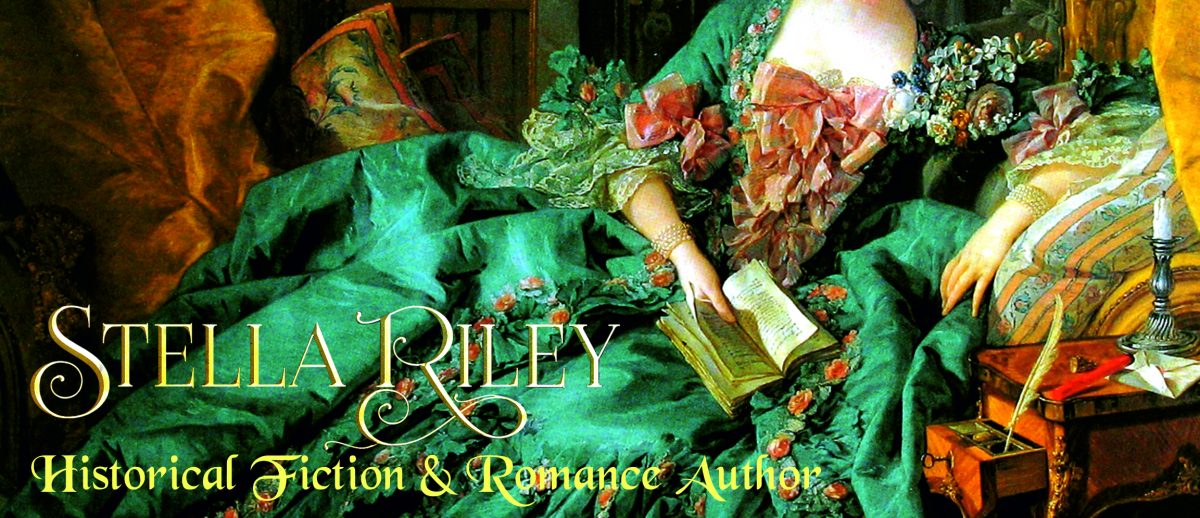Sir John Suckling
1609 to 1642
Sandy-haired and slightly-built, Sir John Suckling had a passion for clothes, cards and women. He was also a courtier, an MP, a soldier, a wit and a poet. In January of 1641, he attended the marriage festivities of the Earl of Suffolk’s daughter, Margaret, to a son of the wealthy Earl of Cork and composed a ballad for the bride.
Her feet beneath her petticoat like little mice, stole in and out as if they feared the light;
But oh she dances such a way! No sun upon an Easter-day is half so fine a sight.
Within eighteen months of this happy occasion, Suckling would be dead.
He was born in Twickenham, Middlesex, educated at Trinity College, Cambridge and inherited his father’s estate at the age of eighteen. After a couple of years travelling abroad, he returned to England in 1630 and was knighted by Charles l but the following year saw him volunteering to fight in Germany under Gustavus Adolphus, one of the best military brains of his day. Once more back in England, Suckling turned his attention to less war-like pursuits.
He was a highly-adept card-player, his preferred game being Cribbage which he is reputed to have invented himself. He apparently travelled around the homes of various friends with whom he played ‘crib’ – from which he seems to have won an extraordinary amount of money. Perhaps as much as £20,000 which would equate to something in the region of four million by today’s values. If this was so, later events shed some light on what he did with this fortune.
Suckling and his friends William Davenant, Richard Lovelace and Edmund Waller have become known to us as the Cavalier Poets. There were other Cavaliers who wrote poetry but these four are considered a case apart – mainly because of their involvement in the conflict between Charles l and his Parliament. Of the four of them, Suckling probably took his poetry least seriously but much of it remains known to us. In 1638 he published his play Aglaura which, though not a critical success, was performed twice at the palace of Whitehall. Later in the same year, he followed Aglaura up with The Goblins which may have been his best work – although it was clearly influenced by Shakespeare’s The Tempest. A collection of his poems was first published in 1646 and would have included well-known verses such as Out Upon It I Have Loved, Why So Pale And Wan Fond Lover and When Dearest I But Think On Thee.
In 1639 and at a personal cost of £12,000, Suckling raised a troop of Horse to serve the King in the first Bishops’ War in Scotland. But by May of 1641, the world was rapidly changing as relations between King and Parliament deteriorated. Suckling took an active part in a plot to rescue the imprisoned Earl of Strafford and then in the so-called Army Plot, the aim of which was to seize the Tower of London. His involvement in both of these enterprises was betrayed to the Parliament by his brother-in-law, George Goring and, having been declared guilty of treason, Sucking was forced to flee the country.
He died a year later in Paris, utterly penniless and was buried there in a Protestant cemetery. Some say his death was caused by a razor-blade or nail driven into the sole of his boot by a thieving and ill-natured servant. The truth, sadly, is that he almost certainly perished by his own hand, having taken poison.
I prithee send me back my heart since I cannot have thine
For if from yours you will not part – why then shouldst thou have mine?
Yet now I think on’t, let it lie … to find it were in vain
For thou hast a thief in either eye to steal it back again.

